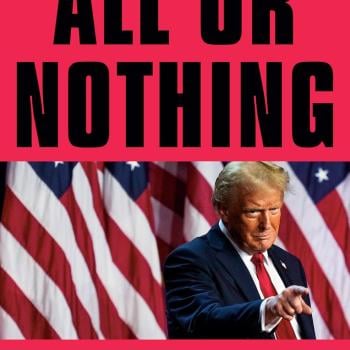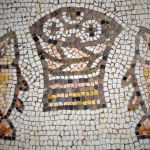The U.S. Congress was supposed to begin voting on President Barak Obama’s call for the U.S. to surgically bomb Syria by targeting only its large cache of chemical weapons stored throughout the country. Even though the president delivered a major, televised speech to the nation this evening about it, Americans remained very strongly against it, and it appeared that a majority of the members of Congress were too. But at the last moment, Russia raised an alternative that caused the president today to ask Congress to delay voting on the issue. The alternative is that Syria agree to turn over control of all of its chemical arsenal to UN investigators, who would first secure them and then dispose of them. So, Syria announced today that it would accept this proposal if the U.S. would agree not to attack their country. And Syrian President Bashar al-Assad even went a step further by announcing that, if done, Syria would join the 1993 Chemical Weapons Convention, which bans the production, stockpiling, and use of chemical weapons. A total of 189 nations are members of it, and only Syria, North Korea, Egypt, South Sudan, and Angola are not.
When the U.S. led the UN coalition forces in going to war against Iraq, in 2003, the reason given for the war did not materialize. The U.S. had made a case before the UN that Iraq possessed weapons of mass destruction (WMD). That focus was mostly on President Saddam Hussein’s Iraq having nuclear weapons. When the UN coalition forces invaded the country and searched it for WMD, none were ever found. After that, the world became increasingly critical of especially the U.S., who was the major source of the claim that Iraq possessed WMD. Even today, most Americans think that Iraqi War was a mistake, and so do I.
But when the coalition forces invaded Iraq, if they would have found chemical weapons there, they would have felt justified in their mission since chemical weapons are also classified as WMD. I think Saddam Hussein probably did possess substantial quantities of chemical weapons shortly before the UN coalition forces invaded Iraq, but he shipped all of them out of the country to Syria in the nick of time. Why do I think this? One of Saddam Hussein’s top military generals and military advisors was Georges Sada. He was a seasoned pilot in the Iraqi Air Force.
General Sada had been a devout Assyrian Christian all of his life and never a member of Hussein’s Bath Party. In fact, his ethnic roots are such that his native language is Aramaic, the native language spoken in Israel during the time of Jesus. There aren’t that many people in the world who have Aramaic as their native language. In fact, Sada’s main Bible he uses is in Aramaic.
Georges Sada wrote a book about his life as one of Saddam Hussein’s favorite generals, someone he trusted because he believed General Sada always told him the truth. Sometimes, courageous Sada risked his life by making it known to President Hussein that he opposed one of his plans or actions. He says, “I had a strange relationship with Saddam…. he respected me” because “I refused to lie for him” (p. 14).
This book was published by an American publisher in 2006. Sada explains, “I never set out to write a book about these things…. I was only persuaded to undertake this project after a series of speaking engagements in America” (p. 18). Actually, some of his relatives and friends advised against it since it might endanger his life. As soon as the book was released, I got a copy of it and read it immediately. It is a page turner. I dog-eared almost every page and did much underlining and note writing in it. The book presents an extremely compelling case. Geroges Sada is such a believable man. In the book, he claims with complete assurance of conviction that, in the weeks and days leading up to the UN coalition forces attacking Iraq and then invading it, President Saddam Hussein had his chemical weapons, of which Sada says he had a very substantial amount, flown via airplanes out of Iraq to Syria. Sada writes in his book concerning this, “Saddam shipped them out of the country before coalition forces ever arrived” (p. 15). Sada says Hussein refused to transport any of them by trucks because he knew the U.S. would have been able to detect that by means of it satellites circling the earth with their cameras.
What has always amazed me ever since I read this book is that the U.S. government has never publicly stated that Iraq may have had such weapons and transported them to Syria. Moreover, the media never did much at all about questioning this possibility.
If Sada is right about this, and Syria still has chemical weapons sent there from Iraq, I would like to know this: if UN inspectors go in there soon to secure all chemical weapons in Syria, do any of them bear any evidence that they were manufactured in Iraq? If so, and the UN could discover that, it would take some heat off of the U.S. for having gotten the UN to approve of the Iraq War.
















